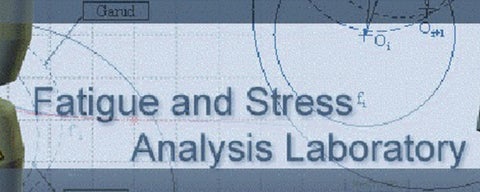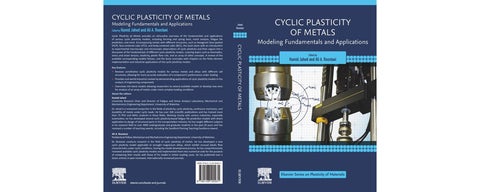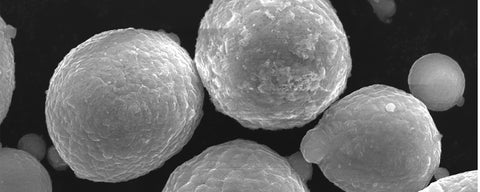Fatigue is the process of progressive localized permanent change occurring in a material subjected to cyclic stresses and strains at some points which may result in crack nucleation and growth to final failure after a sufficient number of fluctuations. Alternations of stress and/or strains are difficult to avoid in many practical engineering situations and are very important in design. In many components, such alternating stresses and/or strains are applied in a multiaxial manner with a variety of load path patterns including in-and-out-of-phase. This interest has a broad range, including automotive, aerospace, offshore structures, power generation, and microelectronics industries.
The Laboratory for Fatigue and Stress analysis (FATSLab) is a laboratory in the Department of Mechanical and Mechatronics Engineering with three major goals:
- Fatigue characterization, modelling and life enhancement.
- The study and development of the robust and efficient methods for durability analysis and their applications to CAE design.
- The education of engineering leaders.
The current research thrust areas are: multiaxial fatigue of emerging light materials, durability of advanced joining, solid state additive manufacturing, cold spray coating, cyclic plasticity modelling of wrought alloys.
News
Congratulations to Spring 2025 PhD graduates!
Congratulations to Niloofar Eftekhari and Mazin Oheil Khalati for successfully defending their PhD theses in the Spring 2025 term! Both have applied for graduation and will be moving onto their future careers. We wish them the best of luck!
Welcoming Aria Tahami and Khashayar Mohammadi!
A warm welcome to new FATSLab members Aria Tahami (MASc) and Khashayar Mohammadi (PhD).
$2 million received from Ontario Research Fund for CSAM research
$2 million from the Ontario Research Fund (ORF) was recently awarded for a joint research project between Dr. Hamid Jahed from FATSLab, Dr. Bertrand Jodoin from the University of Ottawa, and Drs. Adrian Gerlich and Elliot Biro from the University of Waterloo.






